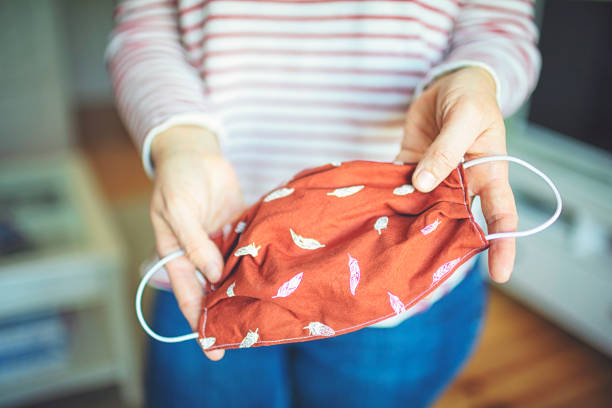Hello
everyone!
Wearing a mask
to help protect against Covid-19 is a must. By now we are all accustomed
to wearing a face mask every time we step outside or whenever someone visits
out household. But wearing a mask can sometimes be a pain; literally.
Many have reported
adverse skin reactions after wearing masks daily; the most
common conditions include acne, facial itch and rash. If you
find that wearing a face mask is causing a skin problem or irritation, you may
be able to treat it yourself.
Here’s what
you can do to treat skin problems caused by face masks at home.
1. Follow a gentle skincare routine. Skincare plays a
vital role in healing your skin.
2. Treat your skin. Here’s what dermatologists recommend:
- Acne: Wash your
face after wearing a mask, being sure to use a non-comedogenic moisturiser
after washing.
- Raw, irritated skin: Apply petroleum jelly or a diaper rash cream to irritated spots on your face before bed.
- Sore skin behind your ears: If you can, alternate the types of mask you wear. Find masks with different types of ties and ear loops.
People who are
already living with skin issues, such as the ones listed below, might be more
likely to experience face-mask-related irritations.
- Rosacea
- Acne
- Atopic dermatitis/eczema
- Sensitivity to humid or dry air
- Allergies
3. Stop applying products and medications that can irritate your skin. Until the
skin heals, dermatologists recommend you stop using:
- Acne treatments that contain salicylic acid
- Anti-ageing products
- At-home light devices
- Peels or scrubs
4. Don’t
wear makeup. Until your skin heals, makeup can worsen skin
problems.
Since no one will see the lower half of your face, it’s a perfect time to skip makeup that can aggravate your skin. If you really must apply makeup, use a non-comedogenic product.
- Follow the washing instructions.
- Wash the masks in hot water, unless the instructions say otherwise.
- Use a fragrance-free, hypoallergenic laundry detergent. (I also use a laundry sanitiser.)
- Store your masks in a bag to keep them clean.
Besides helping to keep your skin healthy, it is recommended that you
wash your cloth face masks after each use to limit the spread of germs.
It’s important to continue wearing a mask, even when it causes skin irritation.




The scars that are round or oval depressions with steep vertical sides are known as boxcar scars. Boxcar scars give the skin an uneven, pitted appearance and also wider than ice pick scars. Like other acne scars, these scars can also be treated by medical treatment. If you are searching for the best boxcar acne scars treatment then you can visit Acne Scar Center.
ReplyDeleteI hate wearing masks. Great tips.
ReplyDelete